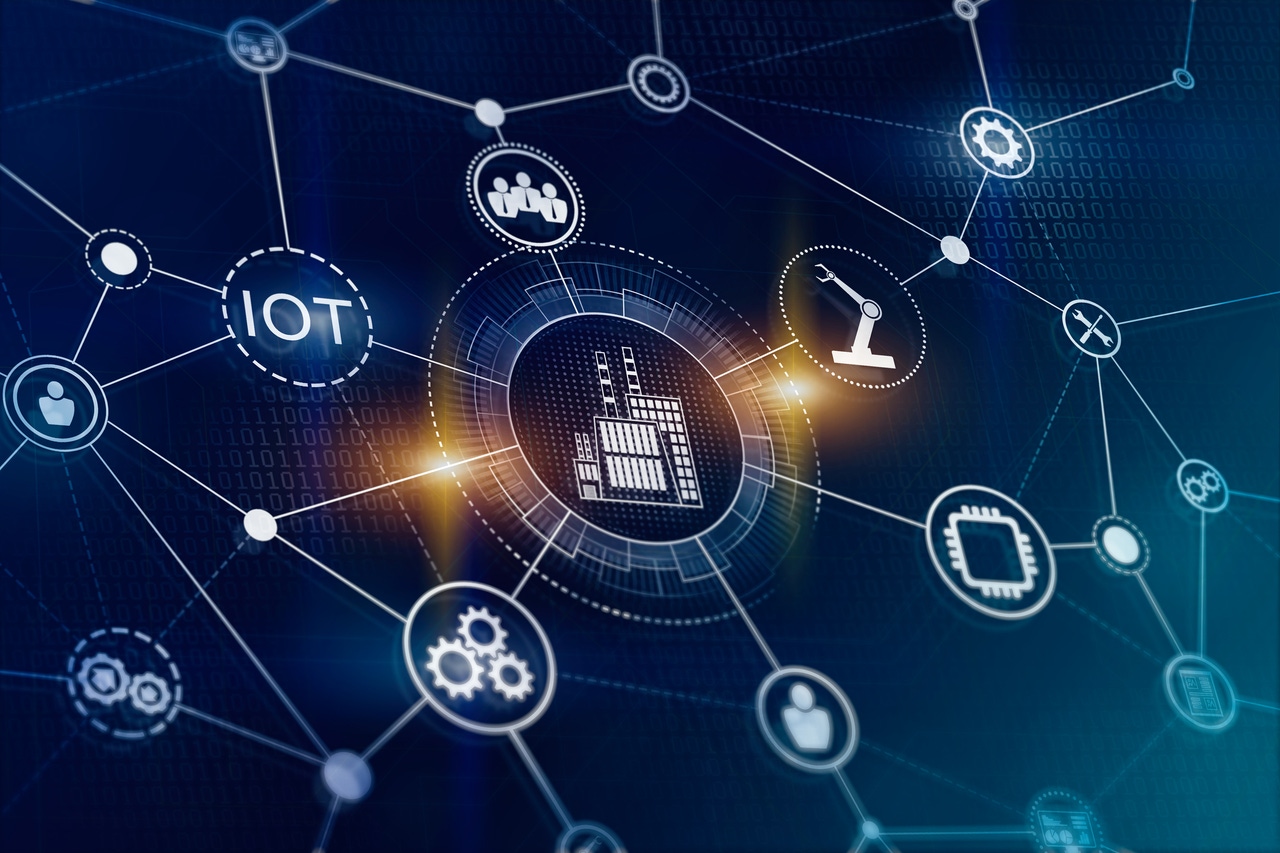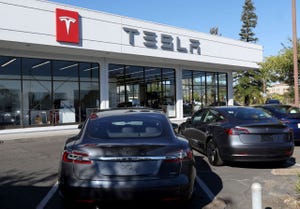Fourth Industrial Revolution: How AI Agents Are Transforming the Future of WorkFourth Industrial Revolution: How AI Agents Are Transforming the Future of Work
Up to 30% of current work hours could be automated, heralding the rise of new operational models like service-as-software

When the electric motor replaced steam power during the Second Industrial Revolution, it wasn’t just a technological leap—it redefined how work was organized. Steam engines demanded large, centralized factories, but electric motors allowed manufacturers to rethink production layouts entirely. The result? A cascade of innovation that shaped industries for decades.
Today, we stand on the brink of another such transformation. The rise of AI agents—software entities capable of autonomous decision-making—is poised to reshape the business landscape, just as electric motors once did. Gartner predicts that by 2028, 33% of enterprise software applications will integrate agentic AI, up from less than 1% in 2024. These agents could make 15% of routine business decisions autonomously, unlocking new levels of efficiency, scalability and innovation.
But how will this shift unfold? Let’s explore three pivotal ways AI agents transform the workplace: reorganizing work, democratizing capability and creating new operational models.
1. The Reorganization of Work
The introduction of electric motors freed industries from the limitations of centralized power. In much the same way, AI agents are unshackling companies from rigid, human-centric workflows.
Consider the example of a corporate loan application at a traditional bank. Currently, this process involves multiple handoffs: the relationship manager collects customer data, the credit assessment team reviews it and yet another team makes a final decision. This sequential structure reflects a system built around human limitations, where information moves linearly between roles.
Now, imagine an AI agent integrated into this process. Working alongside the relationship manager, the agent could analyze data in real time, performing credit assessments as information is gathered. Instead of waiting 25 days for a decision, customers could receive approval in just 14 days. The result? Faster service for customers and quicker revenue generation for the bank.
By enabling parallel workflows and outcome-focused structures, AI agents allow businesses to move beyond task-based roles and toward a more agile, efficient way of operating.
2. The Democratization of Capability
Transformative technologies tend to lower barriers to entry. Just as electricity made industrial power accessible to businesses of all sizes, AI agents are making advanced cognitive capabilities available to a wider range of organizations.
To be truly transformative, however, AI agents must scale. Enterprise-grade AI agents offer a solution, designed to meet the rigorous demands of modern businesses. These agents:
Are defined by business users in the English language
Operate 24/7, often unattended
Integrate seamlessly with enterprise data systems
Are enterprise-secure, with all processing happening internally
Are auditable, ensuring transparency and compliance
Scaling AI agents across hundreds—or thousands—of workflows is no small feat. While some organizations may attempt to build their own, the expertise and resources required to create secure, scalable agents often exceed internal capabilities. As a result, many businesses turn to pre-built or domain-specific “off-the-shelf" agents that can be deployed and scaled quickly.
This democratization means that even smaller companies, previously excluded from advanced automation, can now compete on a level playing field.
3. New Operational Models
By 2030, McKinsey estimates that up to 30% of current work hours could be automated, heralding the rise of new operational models like "service-as-software."
Unlike traditional SaaS (Software-as-a-Service), where software supports human work, service-as-software uses AI agents to perform the work. For instance, a direct-to-consumer brand might deploy an AI agent to handle customer support. Unlike chatbots that triage inquiries and escalate them to human agents, an AI agent would resolve issues autonomously. Integrated with enterprise data, it could analyze customer queries, determine solutions and respond in natural language—all without human intervention.
For investors and tech companies, this is massive as the attractable market size becomes 10x of the SaaS space. Now the tech company can also invoice for the service-like work their software performs —a market poised to drive the next wave of Silicon Valley hyperscalers.
For enterprises, this Service-as-Software increases efficiency, reduces the amount of external services needed and frees human employees to focus on higher-value tasks. As these operational models evolve, service businesses may adopt diverse pricing strategies for AI agent services, from subscription-based general-purpose agents to outcome-based pricing for specialized solutions.
Preparing for the AI Agentic Era
The full impact of AI agents won’t be felt overnight. Historically, transformative technologies take years—if not decades—to reshape societies. While AI agents already demonstrate their potential, widespread adoption will depend on solving challenges like data availability and organizational readiness.
Nevertheless, the trajectory is clear. The question for today’s leaders isn’t if AI agents will transform the workplace but how they’ll prepare their organizations to thrive in this new era. Just as companies that embraced electric motors outpaced their steam-driven competitors, those that recognize the transformative power of AI agents will position themselves for long-term success and can proactively seize the benefits of the Fourth Industrial Revolution.
This article first appeared in IoT World Today's sister publication AI Business.
About the Author
You May Also Like
.jpeg?width=100&auto=webp&quality=80&disable=upscale)
.jpeg?width=400&auto=webp&quality=80&disable=upscale)






